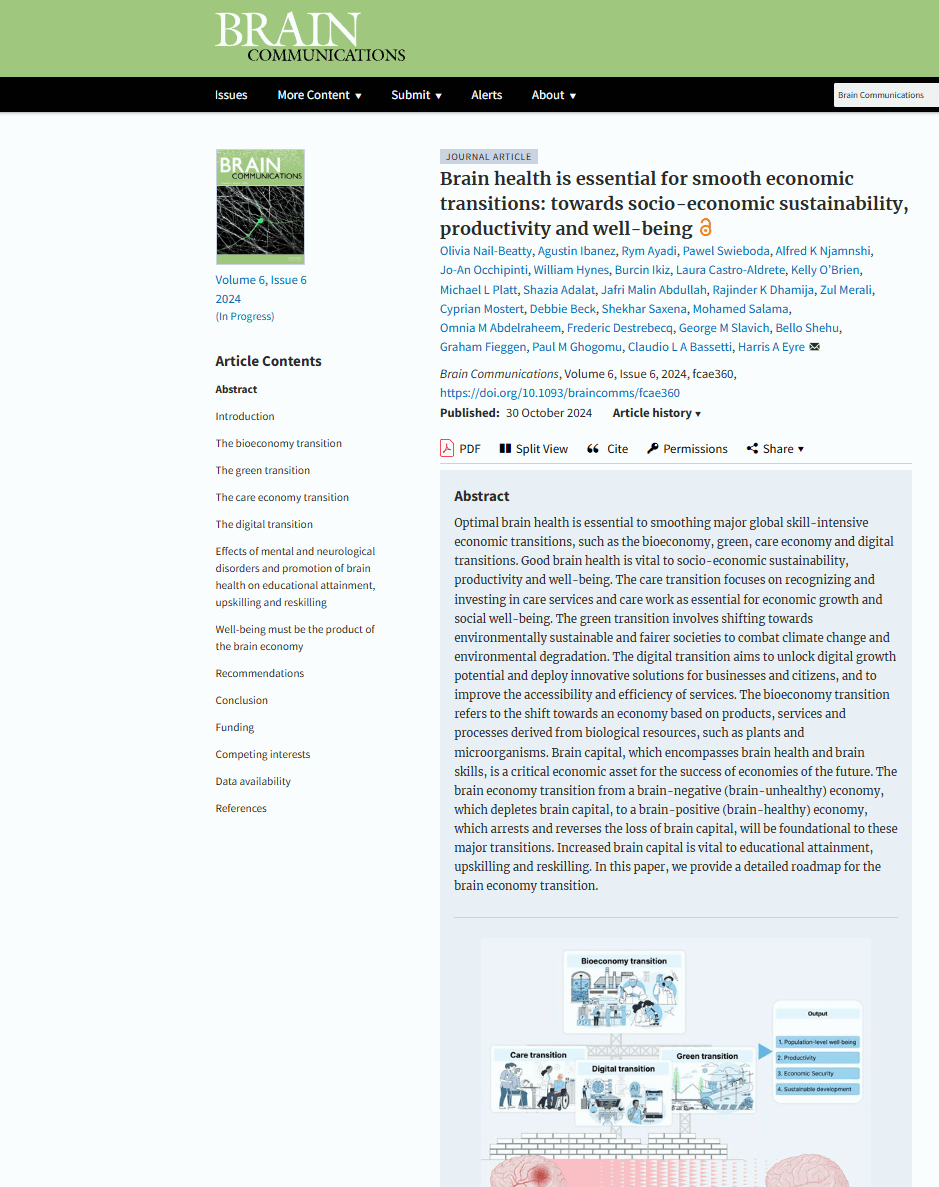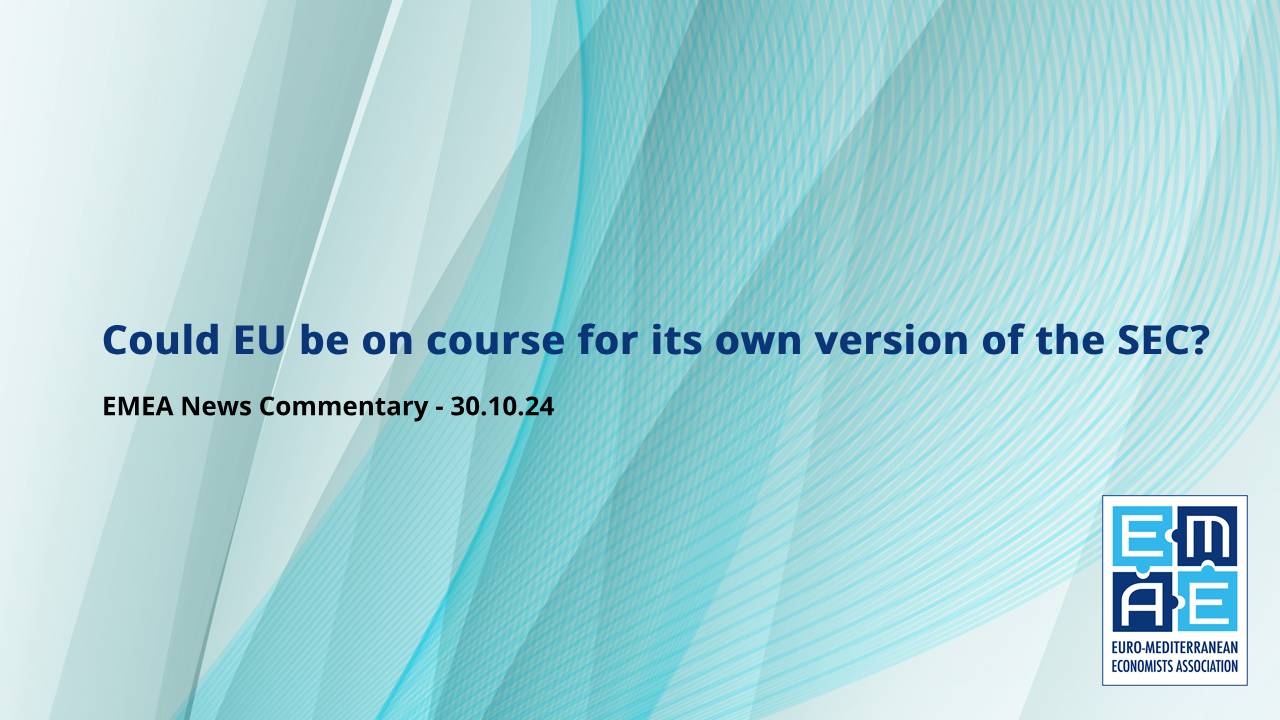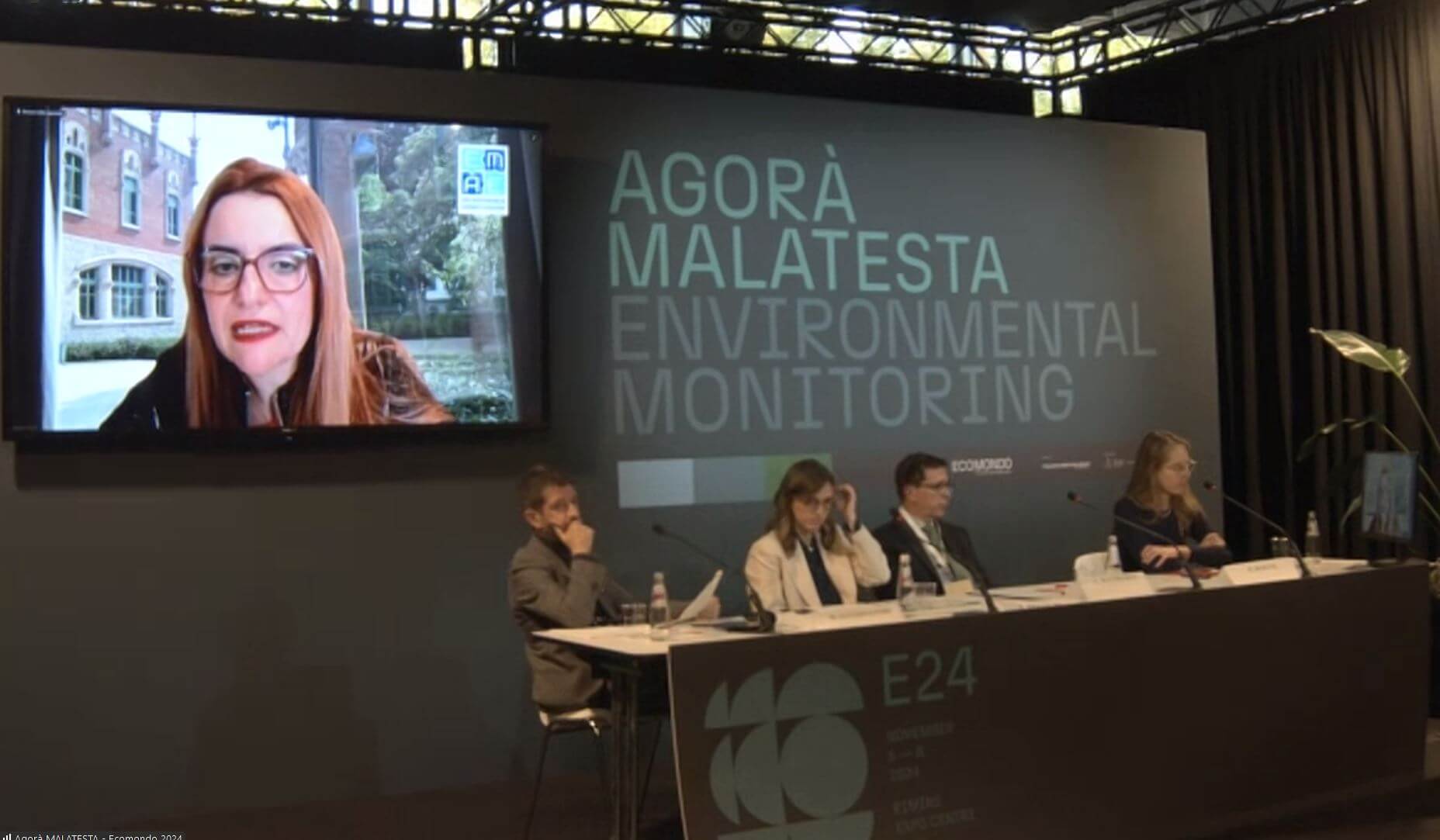The chair of the European Securities and Markets Authority (ESMA) has called for the EU financial markets watchdog to have greater centralised powers, setting it on course to becoming the European equivalent of the US Securities and Exchange Commission (SEC).
Verena Ross said expanded ESMA control would help re-energise the region’s struggling capital markets and encourage investment in the bloc as a whole.
Speaking to the Financial Times, Ms Ross took the view that, since the appointment of the new European Commission, there was “clearly a political appetite” for more centralised EU financial market supervision.
“Let’s evaluate in which areas it would make sense to move a step further,” she told the paper, with particular focus on “all the cross-border systemically important infrastructure players,” which should include exchanges, clearing houses and settlement systems.
Paris-based ESMA was launched in 2011 to improve the harmonisation of EU-wide rules. But, to date, it only supervises a small number of entities, such as credit rating agencies, non-EU central counterparty clearing houses, securitisation repositories and benchmark administrators, with the majority of financial market activities remaining under the control of the bloc’s 27 national authorities.
In recent months, however, the idea that ESMA should be granted more powers at the expense of national authorities has gained traction. Officials in Brussels have been investigating ways to enhance financial activity within capital markets, in order to provide an estimated €800bn of extra investment needs.
A key pillar
Mario Draghi, the former European Central Bank president, recently said that ESMA should become a version of the SEC, transforming it into “a key pillar” to boost Europe’s capital markets and the EU economy.
ESMA should transition from a body that coordinated national regulators into the single common regulator for all EU security markets, Draghi said, arguing that it required the power to supervise large multinational issuers, cross-border financial markets and all central counterparties.
Despite concerns from smaller EU countries, like Luxembourg and Ireland, that a strengthened ESMA would weaken their thriving financial sectors, Ross told the FT that she was confident any heightened role for the watchdog would make Europe’s financial markets more efficient for both investors and issuers.
“Having an effective regulatory and supervisory framework has a big impact on making a single capital market work, and we don’t have that in Europe. So that is one of the areas that we need to focus on,” she said, adding that the process of EU centralised supervision could begin with “bigger, cross-border players” such as Euronext and Deutsche Börse, which served investors across the entire EU.
Allaying the misgivings of smaller nations, Ross said they could remain under local supervision. It would be preferable to adopt a “step-by-step” power-building process, rather than attempting to establish “an all-powerful European SEC overnight,” she told the FT, admitting that EU markets were very different from their US counterparts, due to the diversity of their legal systems.
She also suggested that the EU had “missed an opportunity” with its upcoming landmark crypto market regulation, which would leave company oversight in the hands of national authorities.
Draghi also called for ESMA to thwart the voting dominance enjoyed by national authorities, by having its own independent members, in the same vein as the ECB’s supervisory board, which oversees major Eurozone banks.
But Ross said the current governance structure worked well and national supervisors should continue to be instrumental in decision-making.
EGOV report backs increased powers for ESMA
Her comments come in the wake of a report released this September by The Economic Governance and EMU Scrutiny Unit (EGOV), which recommended wider ESMA supervision.
Entitled ‘Can the Banking Union foster market integration, and what lessons does that hold for the Capital Markets Union?’ the paper was produced at the request of the European Parliament’s Committee on Economic and Monetary Affairs (ECON).
The study investigated how the Banking Union (BU) could foster market integration and to what extent its 10 years of experience could provide lessons for the proper creation of the Capital Markets Union (CMU).
Focussing on the inter-connection between Banking Union and Capital Markets Union, the report said: “The main lesson to be learnt from the BU experience is that identifying a central EU-level supervisor and entrusting it with an adequate level of power is needed in order to defend the CMU from IPOL.”
The paper proposed increasing ESMA’s powers to ensure consistent application of rules across member states, by:
- Creating a Pan-European Capital Markets Regulator
- Enhancing ESMA’s Capacity for Data and Digitalisation
- Granting ESMA Direct Supervisory Powers Over Key Capital Market Activities and actors
- Strengthening ESMA’s Role in Sustainable Finance
- Reinforcing ESMA’s Role in Cross-Border Investor Protection
- Increasing ESMA’s Budget and Staffing
- Coordinating ESMA with Other European Supervisory Institutions





